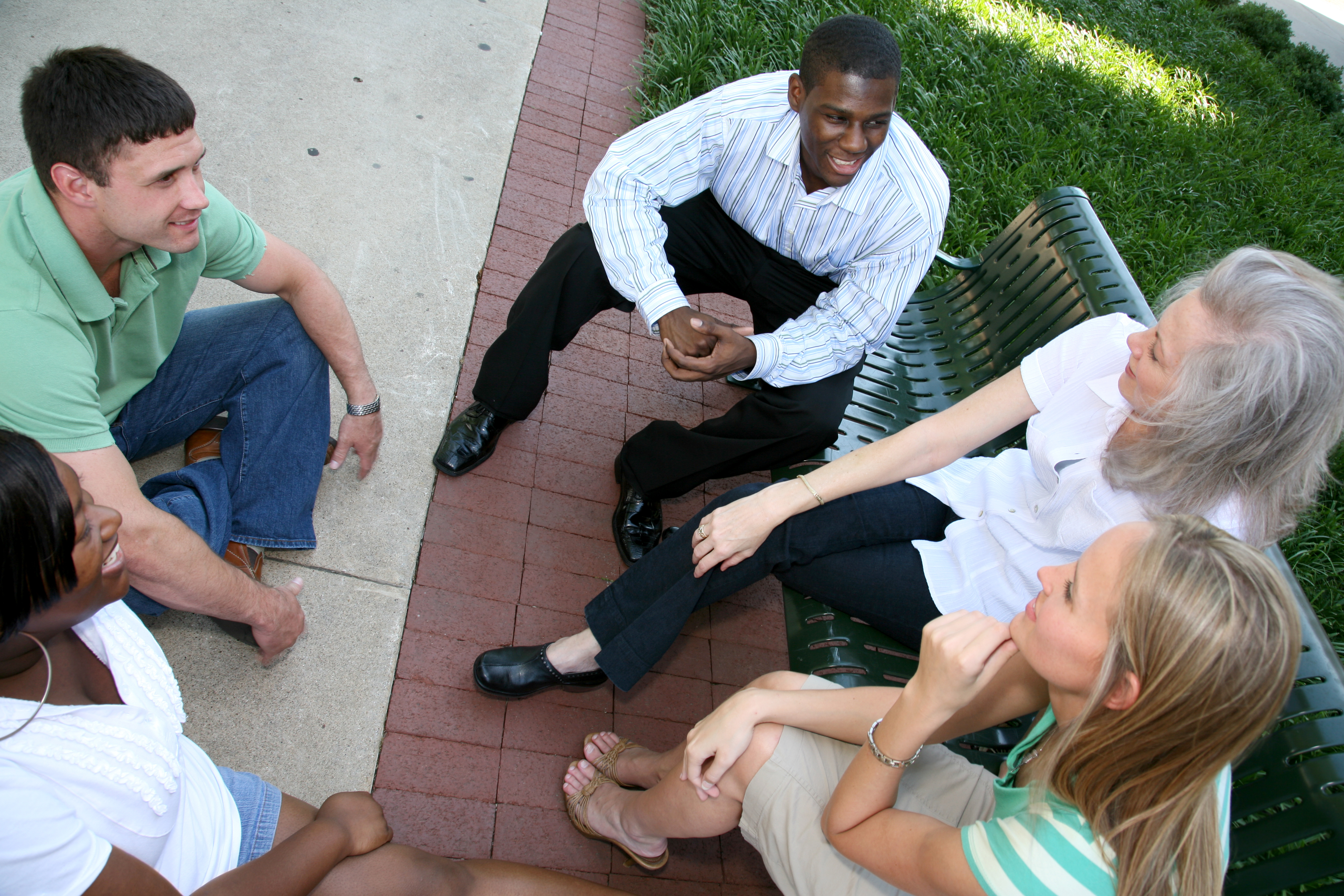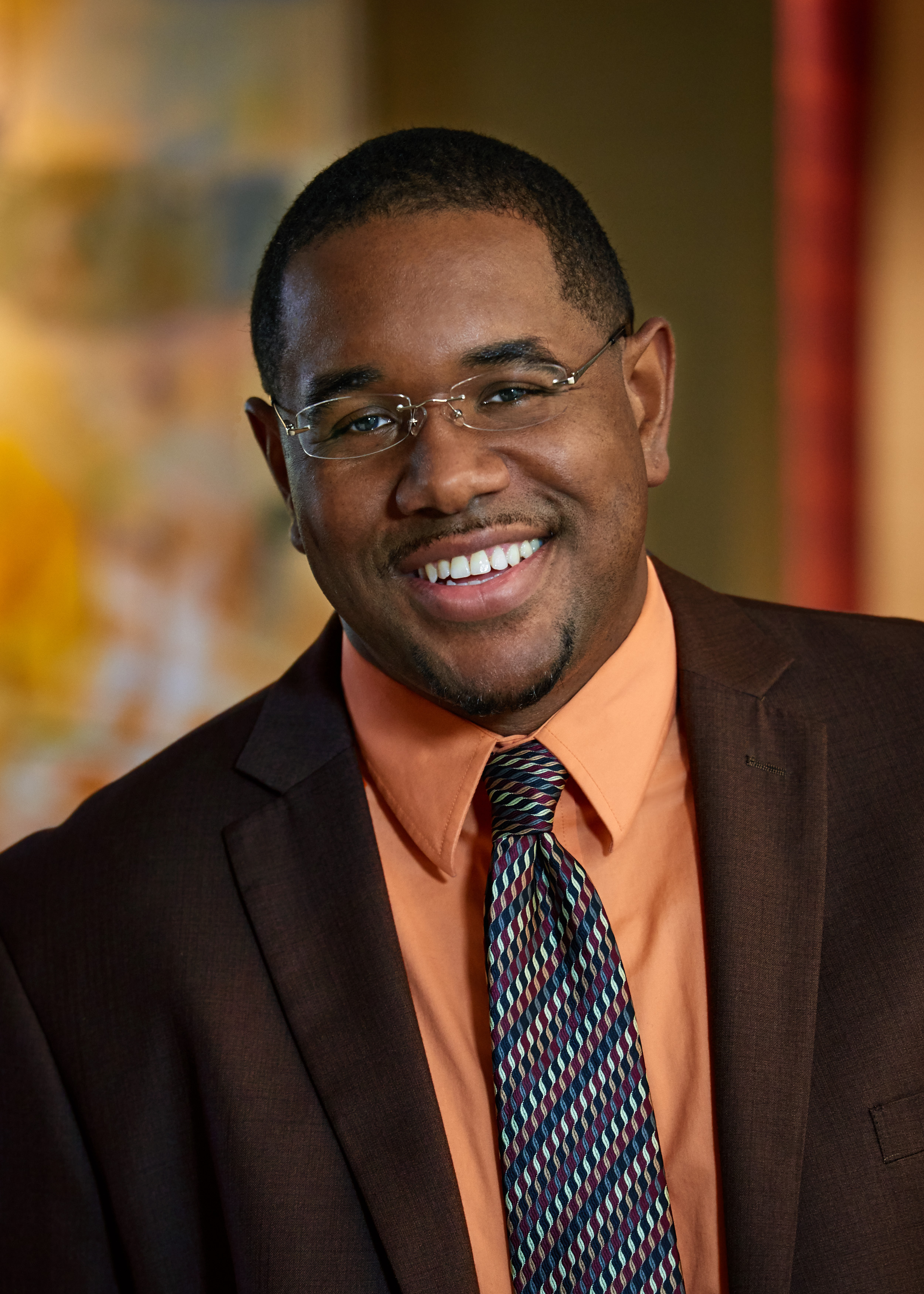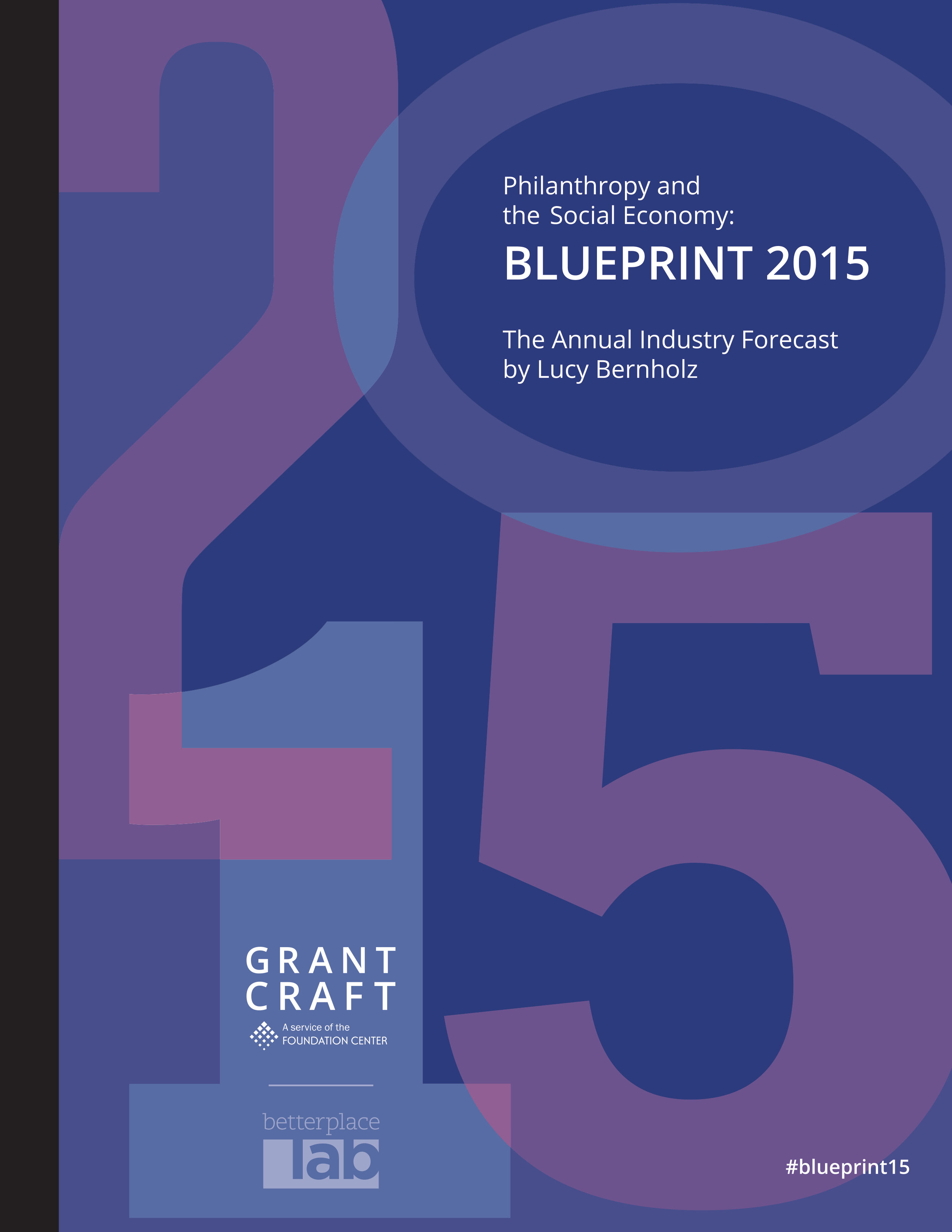From Gatekeeping to Opening Gates in Philanthropy
Last September, I was one of 40 participants in a two-day training session that examined structural racism in America, from the 1600s until today. One of the many ideas from the session that stuck with me was that everyone at a nonprofit organization – foundations included – serves as a gatekeeper. Everyone, from board members to the CEO to receptionists, enjoys some level of control over who has access to valuable but limited resources. And the way each person shares (or restricts) that access has a significant impact on communities.

Fast forward to December. I was participating on a panel about the next generation of philanthropy (co-sponsored by Foundation Center Cleveland) and a question was asked about the areas philanthropy needs to improve. My answer was two-fold: 1) foundations need to become better partners with nonprofit organizations, and 2) foundations need to become more diverse to more closely reflect the communities we are trying to serve. The response to my comments was mostly positive. However, concerns were raised about the dangers of funders getting too close to grantees, such as being unable to hold grantees accountable. While I understood these concerns to a certain point, I struggled with the underlying assumption that building strong relationships could be considered a “risky behavior” for philanthropy.
I think the tendency of funders is to employ a strict gatekeeper mindset, which hampers philanthropy’s opportunity to do better work. As gatekeepers, we are entrusted to use our resources as effectively and efficiently as possible. However, working from a scarcity mindset can lead to an overemphasis on resource protection, sometimes to the detriment of fulfilling the organization’s mission. Below are three examples of how being overly fixated on limited resources and formalities can hurt your effectiveness as a grantmaker.
- You start at NO: It is important to conduct due diligence and think critically about every proposal. And limited budgets mean that not every proposal can be funded. But you should not start the grant review process looking for reasons NOT to fund an organization. Instead, you should think about how you can help the organization. Keep in mind that helping might mean providing connections or honest feedback, which can be as valuable as financial support in some situations. The most effective foundations (and staff) I have encountered work really hard to be more than just a checkbook!
- You do not directly engage the communities you serve on a regular basis: The grantmaking process means you are often at least one-step removed from the communities you serve. But you must reserve the urge to get comfortable with this distance. Schedule time to get out of your office and try and talk to the people receiving services through your grants. Go see, touch and feel the environment you are trying to improve. You will gain new insights, perspective, and awareness of the rapidly changing factors affecting communities. Plus it will remind you that the metrics you ask grantees to report on actually correspond to real people.
- You think about things in terms of US and THEM: The most recent election season was the epitome of partisanship and looking at things through an ‘US vs. THEM’ lens. This perspective can easily occur within foundations, especially with potential grantees with whom we are unfamiliar. Instead of viewing “new” organizations as threats, we should consider them to be potential teammates. These organizations are seeking support because they want to make a positive impact on the community. While searching for common ground, you just might find that you are looking to accomplish similar goals and outcomes.
Have you observed these or other similar behaviors? Maybe you’re guilty of one or more. There are other examples of how well-meaning philanthropic professionals can limit their effectiveness by focusing too heavily on being gatekeepers. In 2017, my hope is that philanthropy will start working to spend less time being gatekeepers and more time being gate openers.


